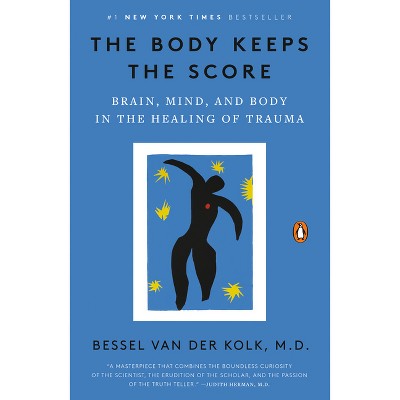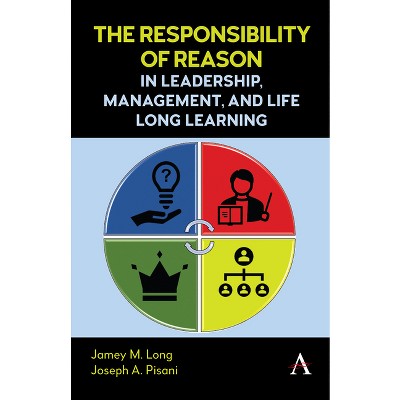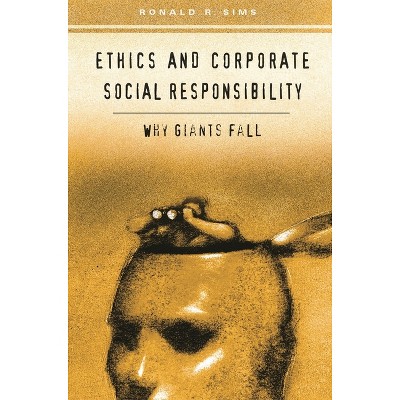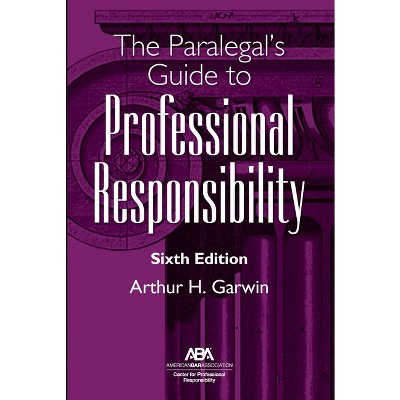Sponsored

Harm and Responsibility - by Thomas J Miceli (Hardcover)
In Stock
Sponsored
About this item
Highlights
- Risk is an ever-present feature of life in a complex world, and it is important for societies to manage it in a just and efficient manner.
- About the Author: Thomas J. Miceli is a professor of economics at the University of Connecticut.
- 270 Pages
- Business + Money Management, Economics
Description
Book Synopsis
Risk is an ever-present feature of life in a complex world, and it is important for societies to manage it in a just and efficient manner. One way to reduce risk is to assign responsibility for the associated harm. In this book, economist Thomas J. Miceli examines harm and responsibility from an economic perspective.
The book focuses on how responsibility affects people's incentives to refrain from causing unnecessary harm to achieve what economists call optimal deterrence. Secondarily, it is concerned with the quest for justice. Defining this is part of the journey. Does it mean compensating victims for unavoidable losses? Does it involve punishing wrongdoers in proportion to the harm they have caused? Is there a clear answer? The book addresses these questions and more, explaining how, in some cases, these objectives will align with deterrence and in others they will not. The book discusses the ways that the law, tempered by religious and social norms, strikes a balance between these goals.
The principal areas of law that assign legal responsibility are tort law (for accidental harms) and criminal law (for intentional harms). There exist vibrant economic theories of both, and this volume draws on this literature. One theme that emerges is the role of causation in determining responsibility. Attributing responsibility for a given harm to the party that caused it seems both morally just (because it embodies personal responsibility), and economically desirable (because it achieves deterrence in the most direct manner). And yet the law departs from this prescription in any number of ways, both by limiting the responsibility of some who caused harm and by expanding responsibility to some who did not. The book offers readers coherent economic explanations for these departures from a purely causal basis for legal responsibility.
Author Thomas J. Miceli clarifies causation as reciprocal in nature and therefore not a uniquely defined concept. This means that when an action by A causes harm to B, the question is not how to restrain A but rather: whether A has the legal right to take the action in question or whether B has the right to prevent it. There will be a harm either way; the relevant question is which party should bear it. This insight ultimately leads to the fundamental problem of defining harm. In most conflicts this can be straightforward--as when A punches B--but in others it is more challenging. For example, when does free speech become hate speech? Where is the line drawn?
The book concludes by drawing out the implications of this fundamental ambiguity over the meaning of harm, what that means for the law, and what economic theory has to say about it.
From the Back Cover
Is there a just way to assign responsibility for harm within the legal system?
In this book, Thomas J. Miceli dissects how legal domains handle issues of responsibility and deterrence through the application of economic theories. Analyzing the relevant doctrines in both tort and criminal law, the book explores how legal and economic frameworks address harm and responsibility.
Miceli navigates the balance between moral and economic objectives. This discussion includes the complexities of assigning responsibility, particularly in situations where it may be limited or extended beyond direct causation.
The book reveals how legal systems manage discrepancies in the treatment of harm and the economic rationale behind different legal practices. It also delves into the reciprocal nature of causation and its implications for defining harm, providing a critical perspective on the interplay between legal rights, responsibilities, and deterrence. Offering new ways to conceptualize contemporary policy debates, the book will enhance the way you view the influence of economic theory and economic frameworks when it comes to discussions surrounding harm and responsibility.
Thomas J. Miceli is a professor of economics at the University of Connecticut. He is the author of The Paradox of Punishment (Palgrave Macmillan, 2019) and a co-author of Maritime Piracy and its Control (Palgrave Macmillan, 2015).
About the Author
Thomas J. Miceli is a professor of economics at the University of Connecticut. His research focuses on the economic analysis of law with particular emphasis on property law and criminal law. He is a recognized authority on the economics of eminent domain, a subject on which he has authored or co-authored three books. He is also the author of The Paradox of Punishment (Palgrave Macmillan, 2019) and a co-author of Maritime Piracy and its Control (Palgrave Macmillan, 2015).
Shipping details
Return details
Frequently bought together



Trending Non-Fiction














